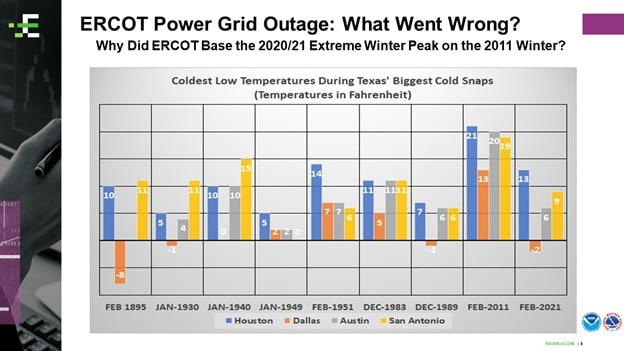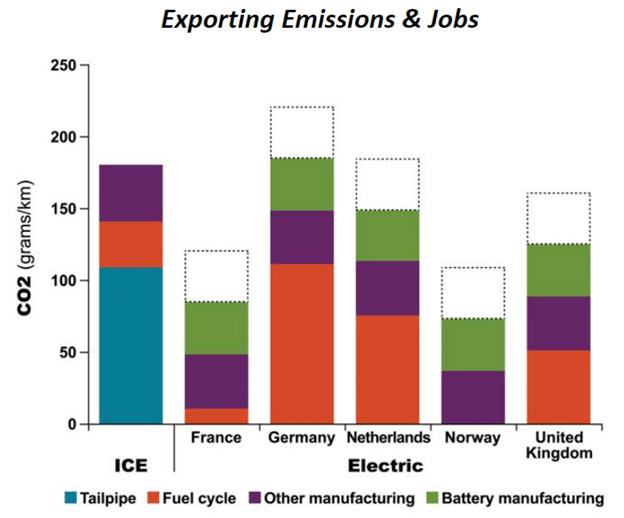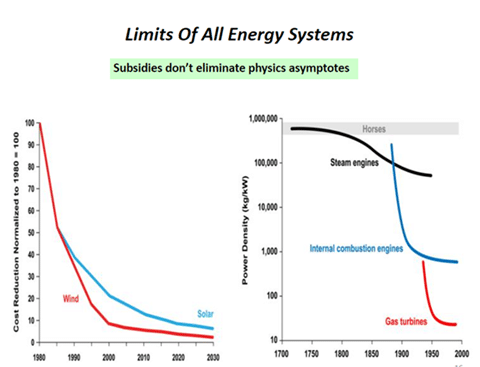Texas’ energy infrastructure, despite being warned after the 2011 freeze about the critical vulnerability of our fuel supplies and power supply system, found itself frozen from a cold weather event that no one thought likely … or even possible.
Our natural gas producing infrastructure was not weatherized. Our power plant and transmission infrastructure were not weatherized.
As a result, millions of Texans were plunged into a nightmare of no heat, bursting water pipes, and in some cases, lack of access to water. As of today, at least 31 deaths have been directly attributed to the failure of Texas’ energy system.

On Feb. 22, our power analytics team gave an excellent presentation on what went wrong during the historic freeze that led to ERCOT’s power failures. The chart above compares the coldest low temperatures during Texas’ biggest cold snaps. The 2011 storm temperatures were clearly outliers. 2011 wasn’t that cold at all in comparison to storms in the 20th century.
Ten years ago, no one in our industry would have:
- Predicated a negative price for oil or the rapidity with which private equity and Wall Street pivoted from shale investors to ESG adopters.
- Learned from the lessons of the Super Bowl cold snap freeze and saw the need to weatherize our critical infrastructure.
We have all paid the price by assuming that our systems will always work the way they have in the past. We need to check our assumptions at the door as we move forward through this energy transition, and really test what we think we know.
A review of technology and the future of (endless) energy demand
I was lucky enough to have power during our EVOLVE Conference and listened to Mark Mills’, senior fellow at the Manhattan Institute, presentation.
One of the slides he presented contrasted the CO2 benefits of EVs manufactured in various countries versus internal combustion engines (ICE).

Once the CO2 emissions inherent in the mining of materials, manufacturing car frames and components, and burning of fossil fuels to power each of these processes are accounted for, only electric vehicles manufactured in France and Norway — and perhaps the U.K., offer clear CO2 emission benefits.
The reason that France and Norway lead is that their power sources — nuclear in the case of France and hydro in Norway — rely on technologies or natural benefits that are unlikely to be replicated in other parts of the world.
Mr. Mills also called our attention to the fact that for every average (about 1,000 pounds in weight) car battery created, 250 tons of material will need to be mined. For an EV fleet of 30,000,000 vehicles about 7.5 billion tons of material will need to be mined, and of the materials need to create those batteries, only about 50% of the total is readily accessible and available in the U.S. Those 7.5 billion tons of material that are mined, depending on the material being removed, represent somewhere between 6 (granite)-1,000 (topsoil) cubic miles scars on the earth. And this is just for the batteries.
And for those who have total faith in innovation and technology to continually improve the efficiency and deliverability of power and transportation options, he points out that our current innovation cycles are approaching asymptotic limits on improvements.

Moving forward, an energy evolution
Managing our transition to and through a new energy and transportation paradigm will require us to think deeply, in complex ways, to ensure that we end up with a world that is better than we have now.
And this doesn’t address the social disruptions — loss of jobs in the fossil fuel industry, impacts of increased mining in third-world countries — and the economic upheaval — from changes in equity valuations and the massive amounts of capex required — to go down this road to a brave new world.
This evolution is going to require honest, clear thinking leadership across all spectra of all societies.
Let’s get to work.
Mark Nibbelink
Latest posts by Mark Nibbelink (see all)
"Here" - Google News
February 27, 2021 at 04:19AM
https://ift.tt/3rdBY6h
The Texas Cold Snap — Where Do We Go from Here? - Enverus
"Here" - Google News
https://ift.tt/39D7kKR
Shoes Man Tutorial
Pos News Update
Meme Update
Korean Entertainment News
Japan News Update
:no_upscale()/cdn.vox-cdn.com/uploads/chorus_asset/file/25244079/4.png)
No comments:
Post a Comment